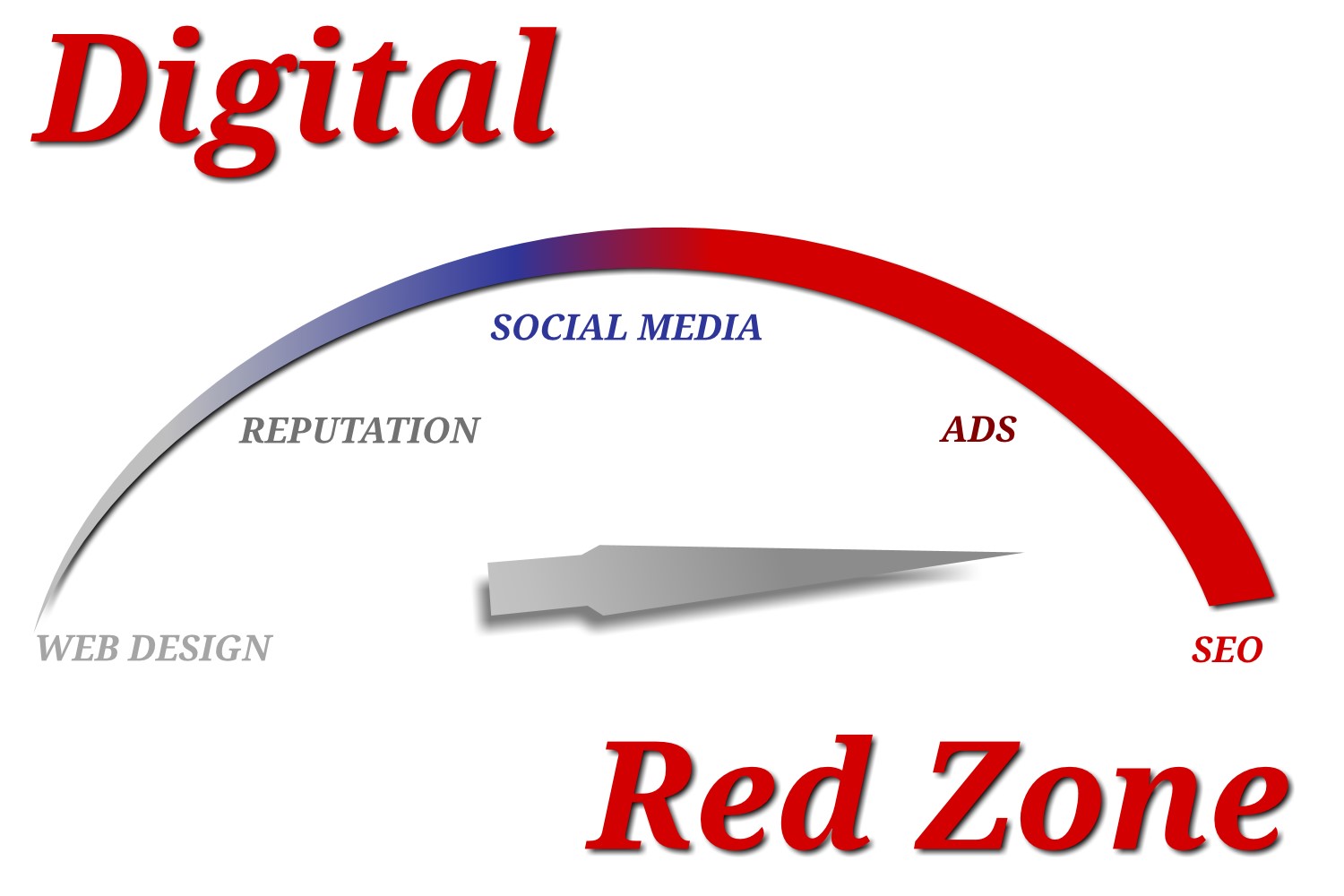Wat Is Email Marketing?
Email marketing is the act of sending a commercial message to group of people in hopes of getting something out of it. Email marketing can be used for current or potential clients and it involves sending emails to request business, show advertisements, or solicit sales or donations. When we start an email marketing plan we have three main goals: build trust, loyalty, and brand awareness. Email marketing is a great way to spread the word about new products, sales, or events that may be happening with your company.

Many people seem to believe email is becoming a thing of the past, that is not true. In fact, email marketing could be the best possible strategy for your business. In 2018 a study was conducted to see what marketing technique was most effective. Email marketing beat out social media, SEO, and affiliate marketing. In 2017 a case study was done on users of the internet, over 85% of users have email, beating out search engines by 15% and social media by 22%. Email marketing is still a great strategy to help grow your business and expand your brand awareness.
Email marketing holds tremendous value for small businesses due to its cost-effectiveness, direct reach, and versatility. Here are some reasons why email marketing is crucial for small businesses:
- High Return on Investment (ROI): Email marketing is known for delivering one of the highest ROIs among various marketing channels. For every dollar spent on email marketing, businesses often see a substantial return, making it especially appealing for small businesses with limited budgets.
- Direct Communication: Unlike social media platforms where algorithms might prevent your posts from being seen by your entire audience, email allows you to communicate directly with your subscribers. If someone has opted into your email list, it means they're genuinely interested in hearing from you.
- Build and Nurture Relationships: Email provides a personal touch, helping businesses establish and nurture relationships with their customers. Regular updates, personalized offers, and tailored content can strengthen customer loyalty and trust.
- Targeted and Personalized Content: With email marketing platforms, businesses can segment their audience based on preferences, purchase history, or behavior. This allows for more targeted promotions, which can lead to higher conversion rates.
- Drive Traffic and Sales: Emails can be crafted to drive traffic to specific parts of your website, promote new products, or highlight special deals. Well-timed and well-crafted email campaigns can boost sales, especially during promotional periods.
- Stay Top-of-Mind: Regular email updates ensure that your business remains in the minds of your customers. Even if they don't make a purchase immediately, they'll think of you when they're ready to buy.
- Build Credibility: By providing valuable content, tips, or industry insights, you position your business as an authority in your field, building trust and credibility among your subscribers.
- Instant Feedback and Interaction: Through email campaigns, businesses can get immediate feedback via open rates, click-through rates, and subscriber engagements. Surveys and polls can also be embedded in emails to gather valuable customer insights.
- Cost-Effective: Compared to many traditional marketing methods like print or TV advertising, email marketing is relatively inexpensive. This cost-effectiveness makes it ideal for small businesses that may not have extensive marketing budgets.
- Measurable: Modern email marketing tools offer detailed analytics, allowing businesses to measure the success of their campaigns in real-time. This provides insights into what's working and what might need adjustment.
- Independence from Third-party Platforms: Relying solely on platforms like Facebook or Instagram can be risky due to changing algorithms or potential account issues. With an email list, a business has direct access to its audience without intermediaries.
Expert Tip:
Email marketing is an invaluable tool for small businesses looking to grow their customer base, strengthen customer relationships, and drive sales in a cost-effective manner. It offers direct communication, versatility in content delivery, and measurable outcomes that can significantly benefit a small business's bottom line.
